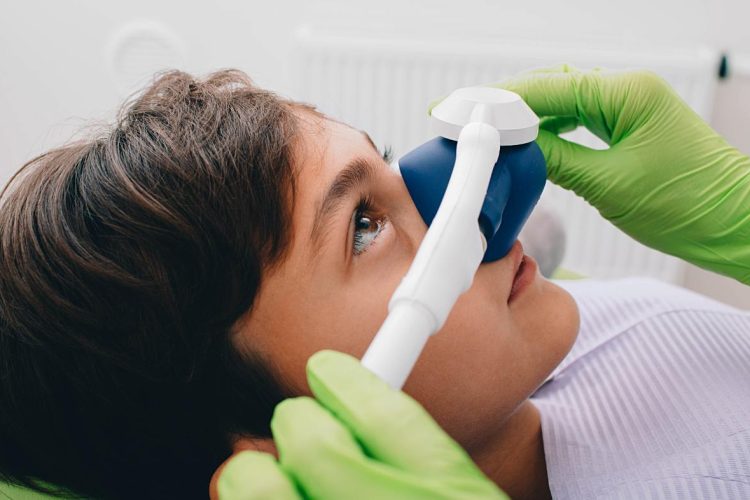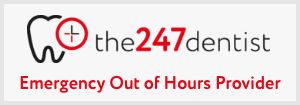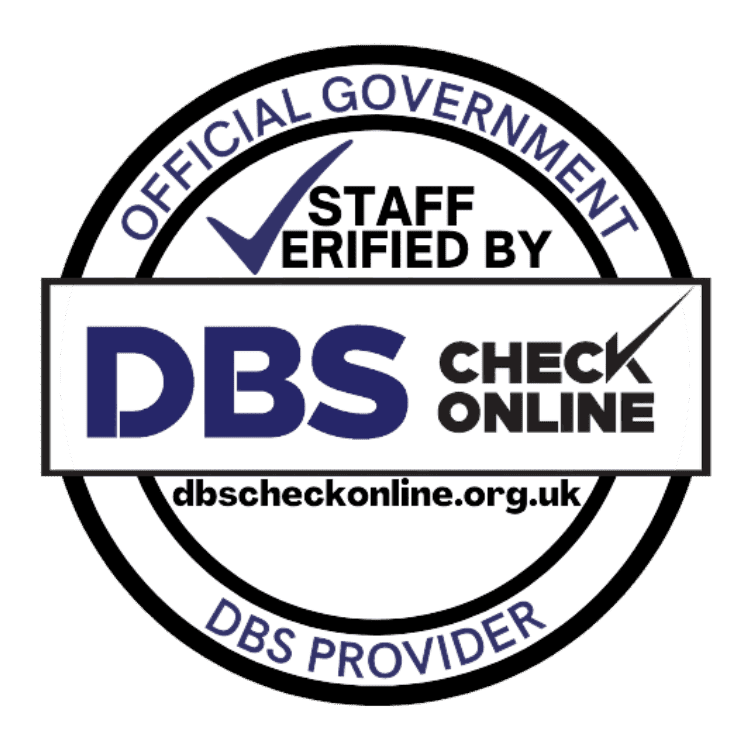SUFFER FROM DENTAL ANXIETY?
Anxiety Free Treatment Options
Everything You Need To Know About Oral Sedation
Many of our patients at Calm & Gentle Dental Care experience some anxiety because of their dental procedures. We understand, and better yet, we can help. Oral sedation is safe and effective, read on to learn how it can benefit you or someone you know with a fear of going to the dentist.

Anxiety Relief
Allows patients to comfortably go through procedures.Reduction in Gag Reflex
This is no longer an issue as the gag reflex is paralysed.Pain Relief
With sedation dentistry, the pain is completely removed.Anterograde Amnesia
No new fears can develop from oral sedation.What is Oral Sedation?
Oral sedation uses a pill, which is taken one hour before your dental procedure. It provides minimal to moderate tranquility by dulling your senses without putting you to sleep.
Your size and weight significantly affect the strength of the sedative. Thus, your dentist will provide the appropriately strengthened sedative required for your dental procedure.
How strong is an oral sedative?
The nature of your dental procedure determines how strong the oral sedative should be. Minimal sedation, provided by a lower dose pill, makes you feel relaxed and drowsy. However, you won’t lose consciousness.
On the other hand, a larger dose results in more moderate sedation. In this case, you may feel groggy enough to fall asleep during the procedure. Don’t worry, though—your dentist can wake you with a gentle shake if need be!
When is it needed?
It is best for patients who already feel anxious about visiting the dentist. If you’re legitimately afraid of a dental procedure or have a phobia of needles, oral sedation can help. You will feel more relaxed and comfortable during your appointment.
Furthermore, it reduces the likelihood of an inopportune gag reflex. This is better for the dental procedure and, therefore, for you.
Here are some cases where being sedated is most beneficial for patients:
- If you experience anxiety or fear due to dental procedures/needles.
- If you have a low pain tolerance.
- If your teeth are too sensitive for local anaesthesia.
- If you have an active gag reflex.
- If you find it difficult to sit still in a dentist’s chair.
- If you require large amounts of dental work.
How does it make you feel?
It makes you feel drowsy, relaxed, and comfortable. Your worries and anxieties fade away. During the procedure, you will experience light sedation. However, you are still awake and responsive.
Additionally, you may feel a tingling sensation in your limbs, hands, and feet.
What are the benefits?
Oral sedation has many great advantages over other methods. The benefits include the following:
- Easy to administrate: It’s the easiest sedation technique to administer. All you have to do is swallow a pill an hour before your procedure.
- Non-invasive: Oral sedation is non-invasive, making it the perfect option for anyone with a fear of needles.
- You’re conscious: Although oral sedatives make you feel comfortable and relaxed, you do not lose consciousness—unless you fall asleep, of course!
- Amnesia: You won’t lose consciousness. However, most of our patients at Calm & Gentle Dental Care have little to no memory of the dental procedure when they take an oral sedative. This is especially beneficial for anyone with dental anxiety since you won’t remember what happened during your procedure.
- Safety: All oral sedatives are perfectly safe to use. Side effects are also less common.
What to Expect During Treatment
Before the Procedure
You take the oral sedative one hour before your dental procedure. Once the sedation begins to take effect, your dentist monitors your breathing and blood pressure to ensure they remain in the normal range.
During the Procedure
You’ll experience positive feelings of drowsiness and relaxation. You are freed from worry, stress, and anxiety throughout the procedure. Your limbs may feel heavy and relaxed, and they may tingle slightly. However, it’s not uncommon for patients to experience sedation differently based on their size and weight.
If your dental procedure is invasive, your dentist might administer additional local anaesthesia to numb the treatment area.
After the Procedure
Once the procedure is complete, your dentist checks your heart rate, breathing, and blood pressure to see if everything is normal.
Since oral sedation can have some lingering effects, a friend or family member should be ready to drive you home after your appointment. You should avoid working or participating in intense physical activity until all side effects have worn off. In the meantime, you may experience nausea, drowsiness, headaches, or a general feeling of sluggishness.
Other Types of Sedation Methods
There are many sedation dentistry methods available for patients at Calm & Gentle Dental Care, including the following mentioned below. All are used to make you feel more at ease during your procedure. Before you receive any sedative, let your dentist know about any medication that you are taking.
Nitrous Oxide
Nitrous oxide is administered alongside oxygen to produce a calming effect in patients. You will not lose consciousness, and you will still be able to communicate with your dental team. There are rarely any side effects of nitrous oxide. Plus, the effects wear off almost immediately once the gas is flushed out with oxygen.
IV Moderate Sedation
This is injected directly into the bloodstream. It has immediate effects, and patients often feel as if they slept through their procedure. Many feel groggy or sleepy afterwards. Since it is administered through a needle, it is not recommended for those with a severe phobia of needles.
General Anaesthesia and Deep Sedation
Both general anaesthesia and deep sedation are administered through medication. You will be nearly or fully unconscious throughout the procedure.

Is sedation safe?
Oral sedation (and other forms of sedation) is very safe and effective. Your dentist will determine the best sedation method for you based on the nature of the procedure and your medical history.
Consequently, you must be open about any medication or medical treatments that you are receiving. Additionally, let your dentist know if you have any allergies or if you may be pregnant.
Sedation Dentistry at Calm & Gentle Dental Care
If you experience anxiety due to your dental appointments or have a phobia of needles, an oral sedative may be right for you. We provide oral sedation dentistry for our patients to help them feel more relaxed and comfortable during their appointments. Whether your procedure requires sedation or if you’re feeling a little nervous, talk to your dentist about oral sedation.




